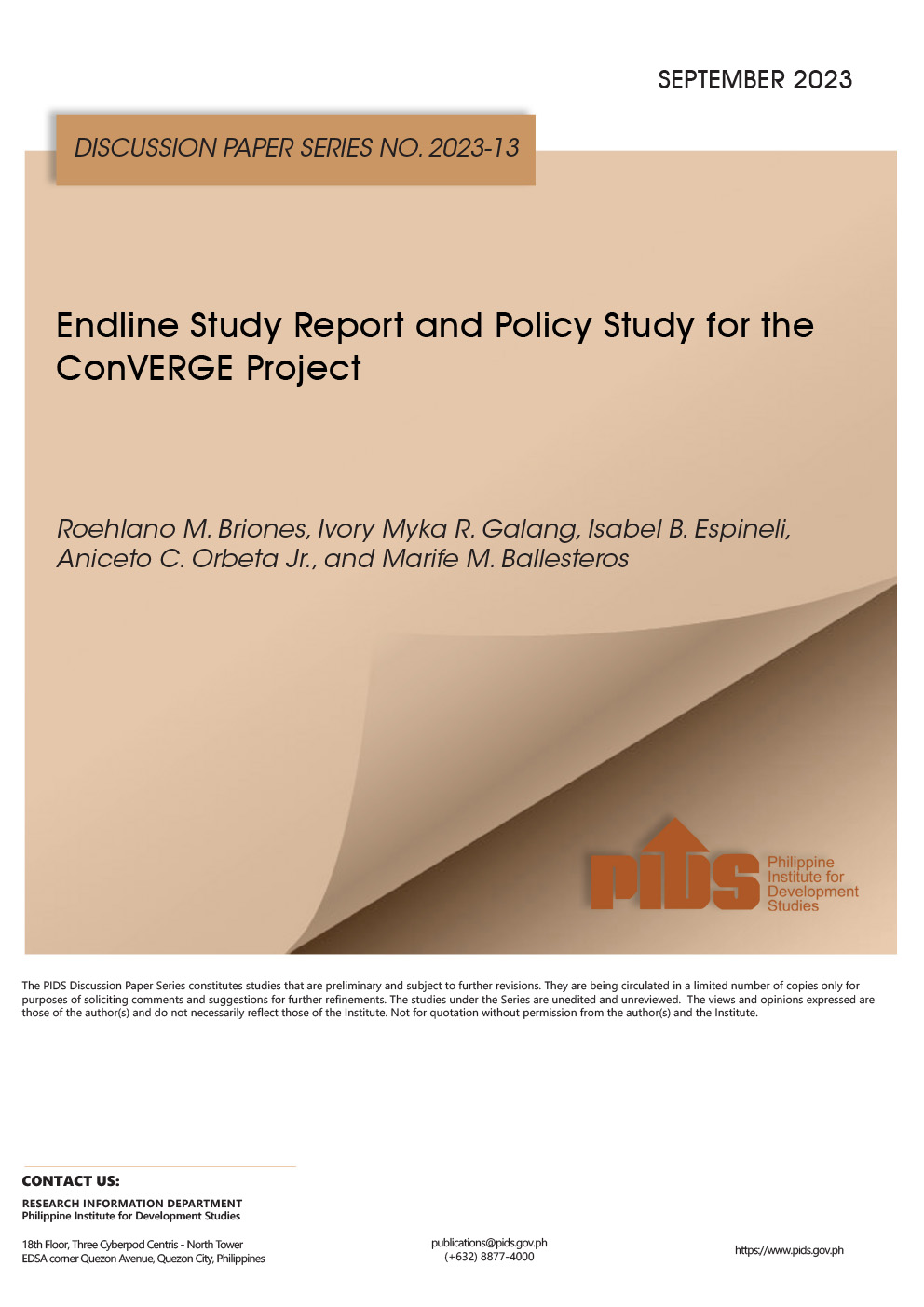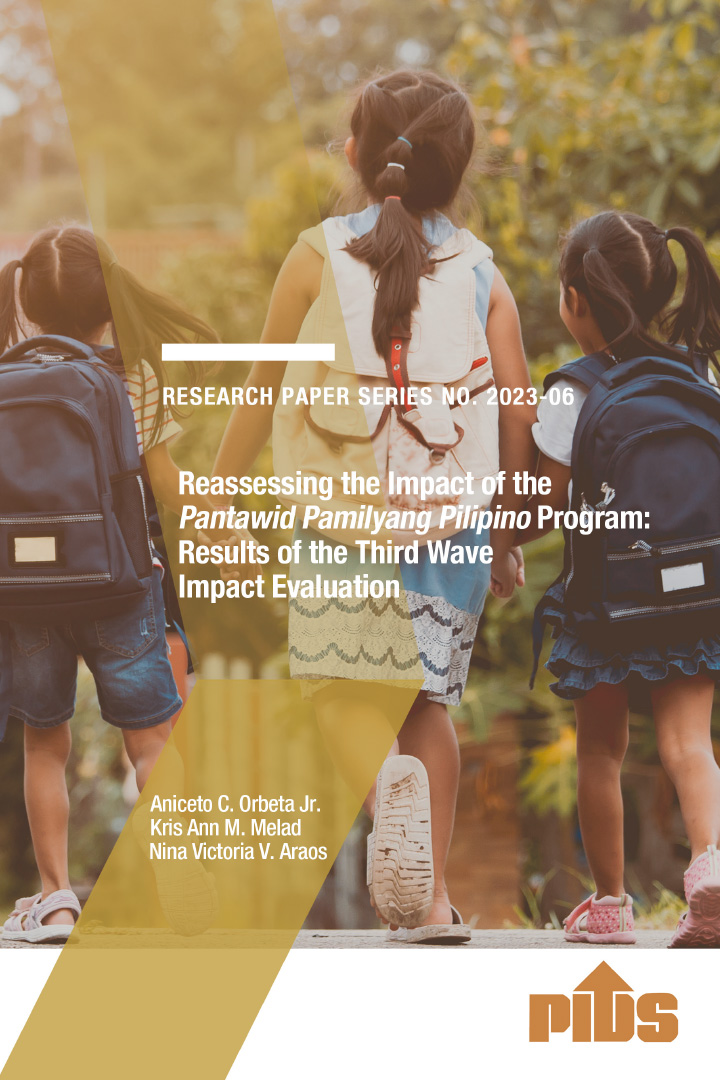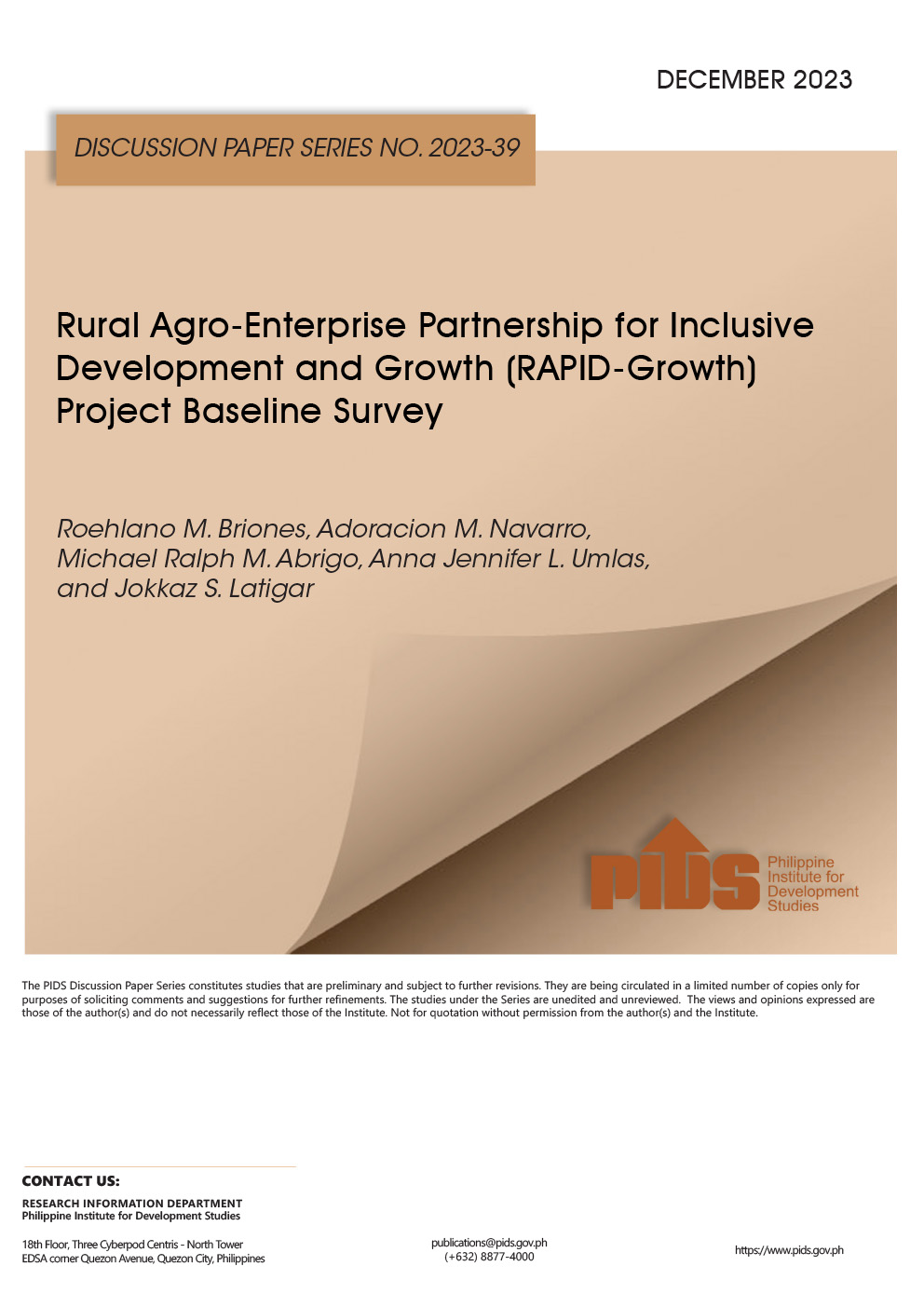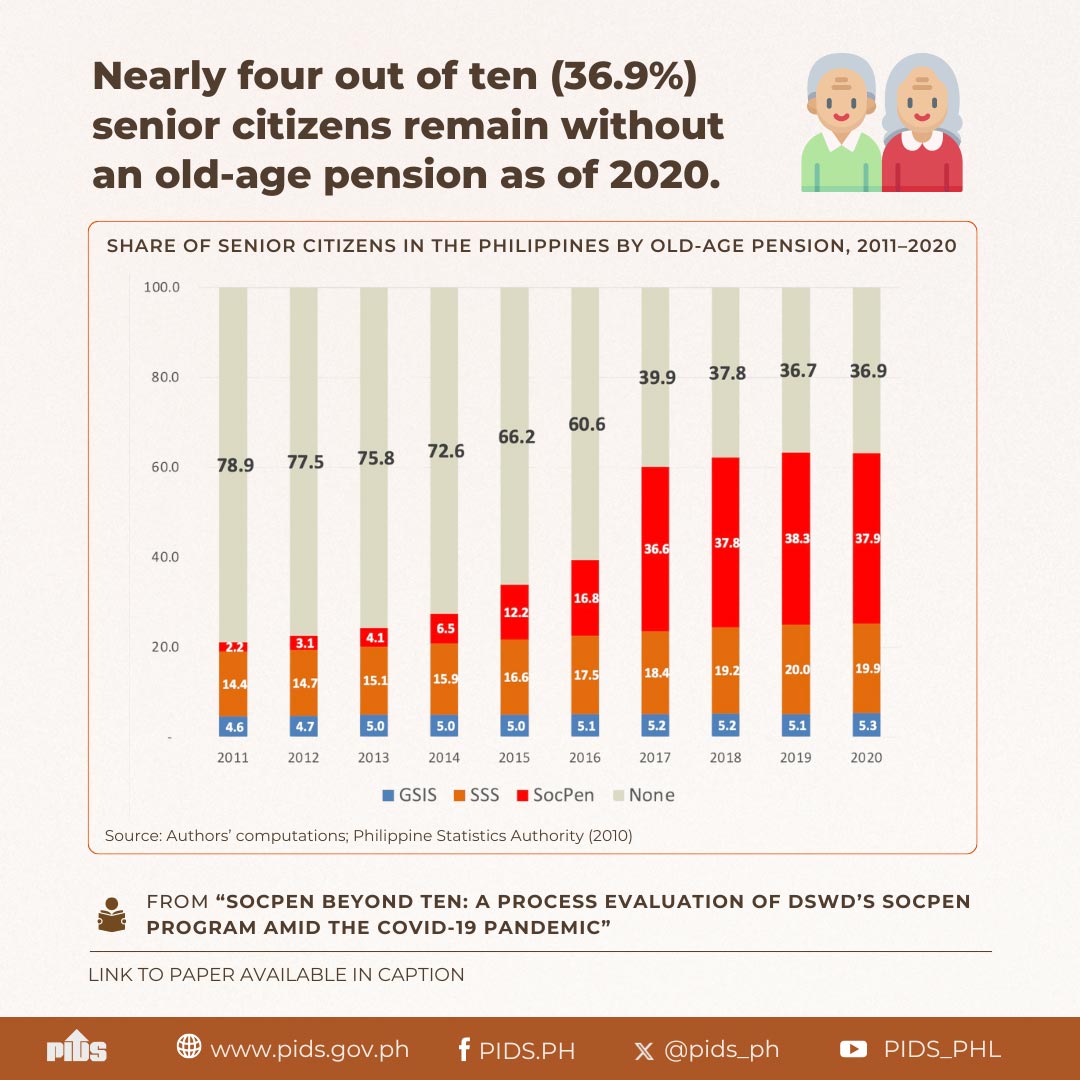Economists from the Philippine Institute for Development Studies (PIDS) and the University of the Philippines (UP) took turns discussing techniques in impact evaluation at the IEmatters pre-conference workshops, providing development practitioners with the means to generate evidence that will influence policy.
PIDS Senior Research Fellow Aniceto Orbeta on Tuesday (Sept. 2, 2014) gave an overview of regression discontinuity and interrupted time series designs, which exploit the fact that development programs often use arbitrary rules (such as age of the beneficiary) for program placement or eligibility. Such interventions, he said, provide good quasi-experiments by comparing people affected by the rule and those who are not.
These designs avoid the ethical issues sometimes faced by methods involving randomized control trials, where treatment is withheld from otherwise eligible people. In regression discontinuity designs, control groups are not eligible, Orbeta said. Accuracy and precision are important to good measurement but there will be tradeoffs between the two, he added.
UP economist Joseph Capuno on Monday (Sept. 1, 2014) introduced propensity score matching, one of the common matching methods. Matching methods use a comparison group where the ideal comparison group is selected such that it matches the treatment group using either a comprehensive baseline survey or time invariant characteristics. Matches are selected on the basis of similarities in observed characteristics.
Stella Quimbo, also a UP economist, discussed the approach of instrumental variables to impact evaluation, which involves a non-experimental method using regressions to estimate program impact. The instrument, she explained, is a variable that is correlated with program placement but has no direct effect on the outcomes of interest.
More than 400 delegates are in Manila for the first-ever large-scale international conference on impact evaluation in Asia, co-organized by the Asian Development Bank, the International Initiative for Impact Evaluation or 3ie, and PIDS. Pre-conference workshops started Monday, Sept. 1 and will end Sept. 3. The conference proper will be from Sept. 3 to 5.
PIDS is co-organizing the conference in conjunction with the 12th Development Policy Research Month, a nationwide observance promoting evidence-based policymaking.
Visit the conference website: http://impactevaluation2014.org
PIDS Senior Research Fellow Aniceto Orbeta on Tuesday (Sept. 2, 2014) gave an overview of regression discontinuity and interrupted time series designs, which exploit the fact that development programs often use arbitrary rules (such as age of the beneficiary) for program placement or eligibility. Such interventions, he said, provide good quasi-experiments by comparing people affected by the rule and those who are not.
These designs avoid the ethical issues sometimes faced by methods involving randomized control trials, where treatment is withheld from otherwise eligible people. In regression discontinuity designs, control groups are not eligible, Orbeta said. Accuracy and precision are important to good measurement but there will be tradeoffs between the two, he added.
UP economist Joseph Capuno on Monday (Sept. 1, 2014) introduced propensity score matching, one of the common matching methods. Matching methods use a comparison group where the ideal comparison group is selected such that it matches the treatment group using either a comprehensive baseline survey or time invariant characteristics. Matches are selected on the basis of similarities in observed characteristics.
Stella Quimbo, also a UP economist, discussed the approach of instrumental variables to impact evaluation, which involves a non-experimental method using regressions to estimate program impact. The instrument, she explained, is a variable that is correlated with program placement but has no direct effect on the outcomes of interest.
More than 400 delegates are in Manila for the first-ever large-scale international conference on impact evaluation in Asia, co-organized by the Asian Development Bank, the International Initiative for Impact Evaluation or 3ie, and PIDS. Pre-conference workshops started Monday, Sept. 1 and will end Sept. 3. The conference proper will be from Sept. 3 to 5.
PIDS is co-organizing the conference in conjunction with the 12th Development Policy Research Month, a nationwide observance promoting evidence-based policymaking.
Visit the conference website: http://impactevaluation2014.org











